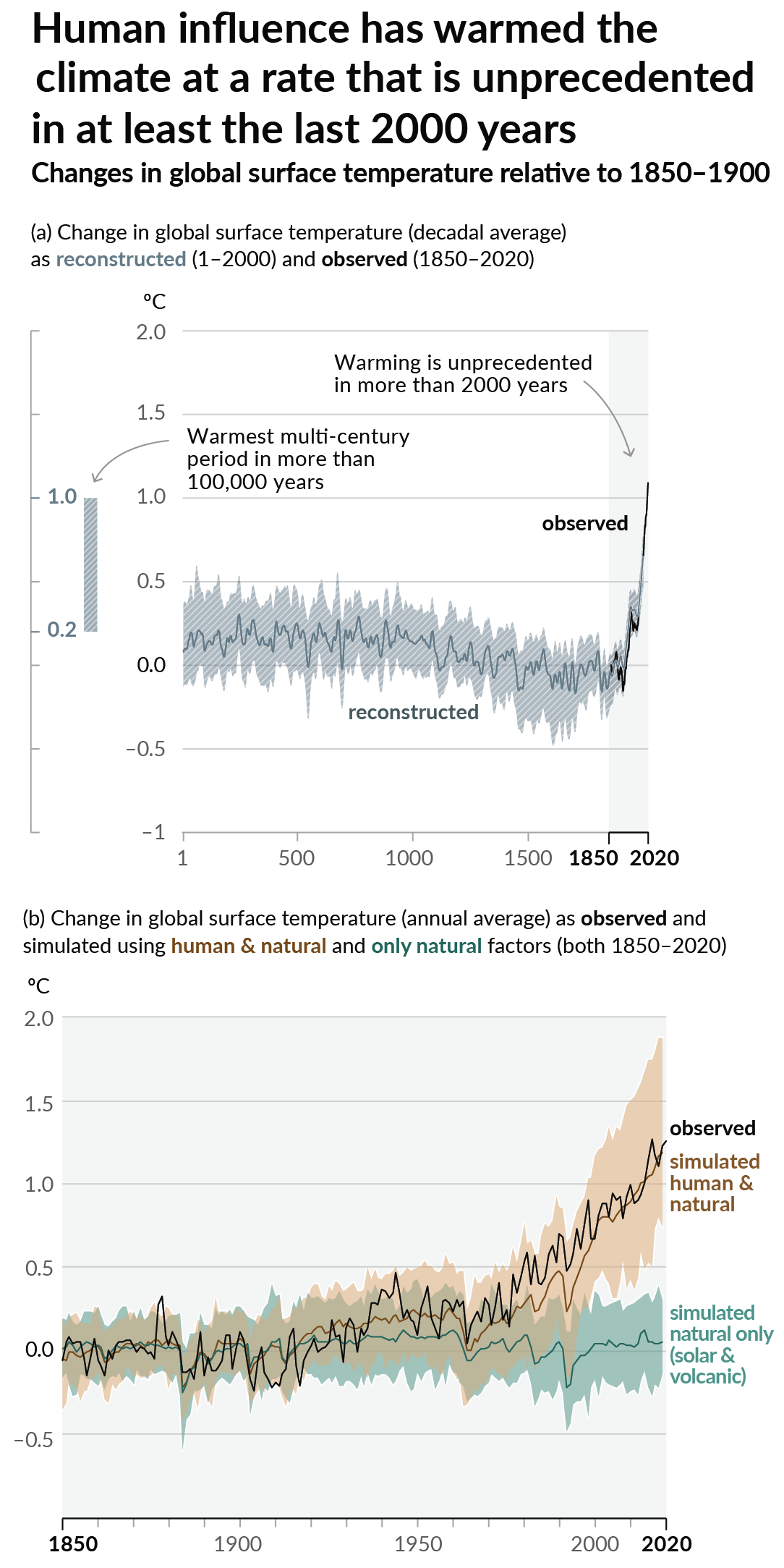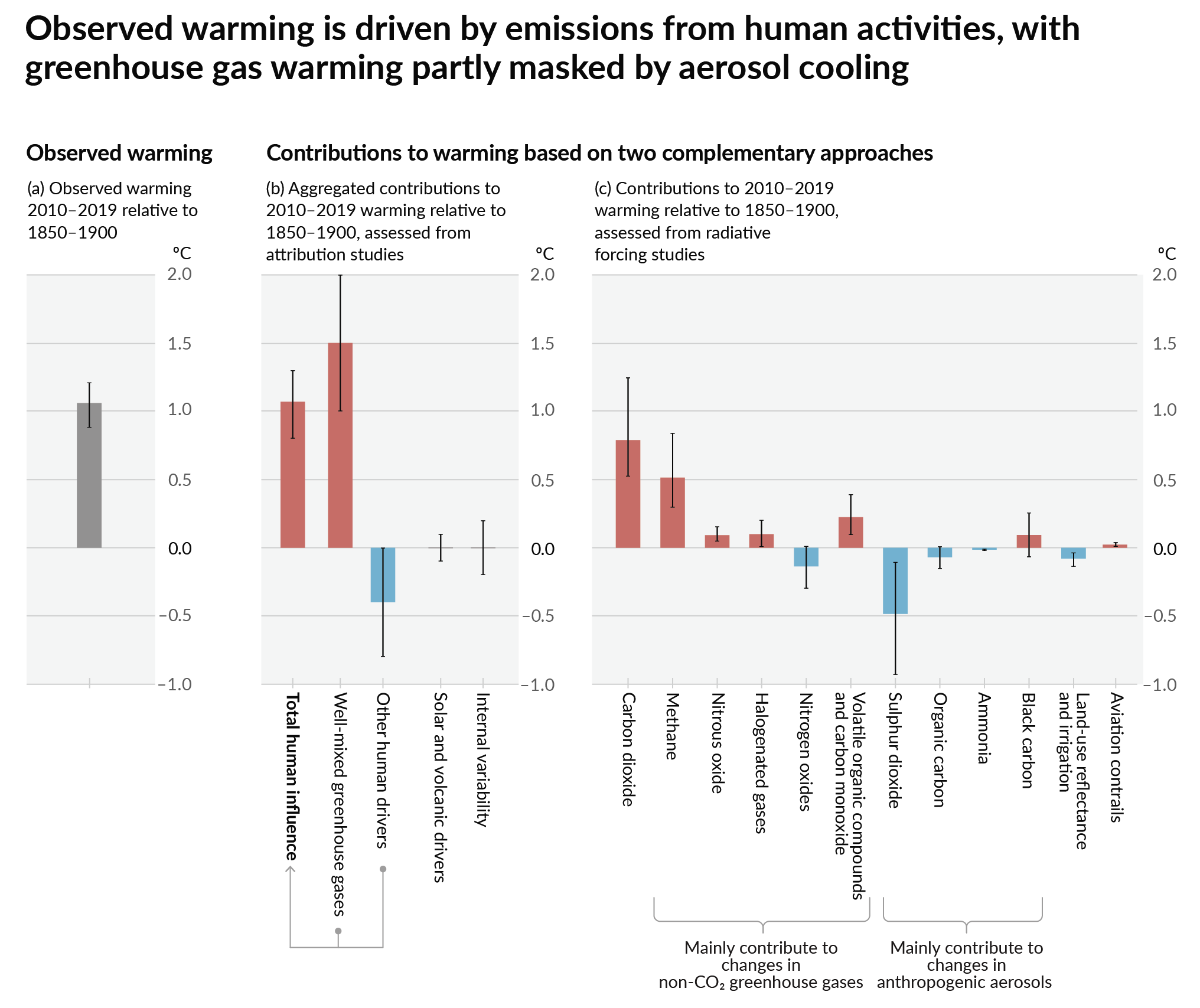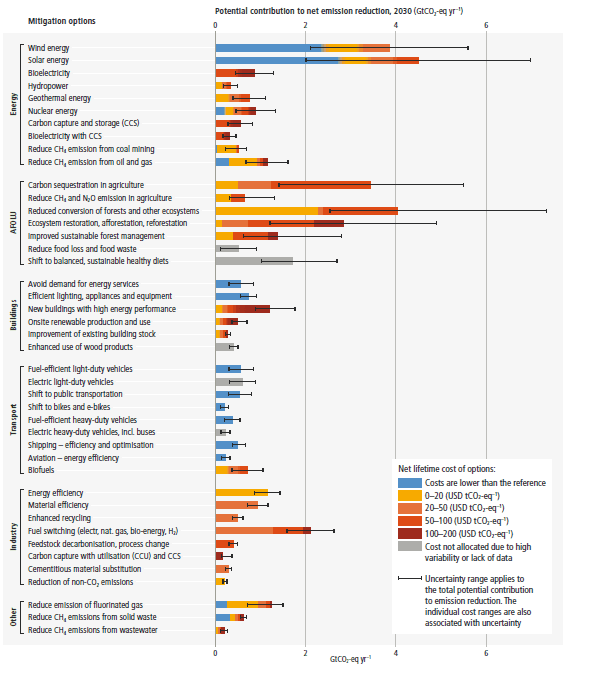this post was submitted on 09 Sep 2024
127 points (100.0% liked)
Climate - truthful information about climate, related activism and politics.
6404 readers
458 users here now
Discussion of climate, how it is changing, activism around that, the politics, and the energy systems change we need in order to stabilize things.
As a starting point, the burning of fossil fuels, and to a lesser extent deforestation and release of methane are responsible for the warming in recent decades:

How much each change to the atmosphere has warmed the world:

Recommended actions to cut greenhouse gas emissions in the near future:

Anti-science, inactivism, and unsupported conspiracy theories are not ok here.
founded 2 years ago
MODERATORS
you are viewing a single comment's thread
view the rest of the comments
view the rest of the comments
Honestly plug in hybrids are the worst of both worlds.
There was a study recently from Europe that found the vast majority of people with plug in hybrids hardly every plugged them in, and drove them like normal cars. That defeats the entire point of a plug in hybrid, and now you are carrying a heavy battery everywhere that you are not fully using. Which makes the car less efficient than a normal hybrid!
Yeah, it depends on the user.
I had an alcoholic neighbor with learning disabilities who had a PHEV minivan purchased for them, and they only kept the battery charged for the first few months of ownership. After that, they seemed to lose interest in plugging it in when they got home.
On the other hand, a friend of the family owns a PHEV sedan they keep charged religiously, and they need to buy fuel stabilizer because they almost never use any gas.
An alcoholic neighbour and someone purchased a car for them?
don't get me started
Cheaper to own one car than two.
Exactly. You can't choose to occasionally take road/business trips into the under developed parts of the world in a Leaf.
How frequently would you need to make that trip for it to be more expensive to rent a car each time?
OK, so we've established a person can do the math and come up with some value of long trips where its not economical to rent.
Given that a person needs to make that many long trips, how many short trips would they also need to make for the gas savings from a PHEV in EV mode during short trips to exceed the gas loss from doing long trips in a vehicle that gets somewhat lower MPG on long trips compared to a pure hybrid?
How much value might a person reasonably assign to the flexibility to take a weekend road trip without having to plan ahead and make reservations with a rental company?
Wait a minute, are you talking about taxi services? Those are for people who don't own a car when they need to make short trips that can't be done through public transportation. For people who do own a car, those kinds of short trips can be done with a PHEV without burning any gas.
For longer trips, its cheaper and more convenient to rent a car compared to taking a taxi. Yes, if the trip is to someplace with chargers along the way, an EV would be ideal. Yes, if there are no chargers along the way, then a HEV would be ideal. But a PHEV is almost as good as an HEV in that case - certainly better than a diesel in terms of emissions - and it lets you make the short trips without burning any gas, without having to make car rental reservations for long trips to areas without chargers, and without needing to purchase an entire second vehicle for driving in areas that do have chargers.
Mass is mass. It has momentum. So a large battery can help you store energy as momentum just by it being heavy.
Believe me when I say that there are smart people working out the details to minimize losses. Like. Arguing here doesn't make the cars more or less efficient. It's a thing you can buy already and it's appeal is that it saves fuel. So like unless it were to not actually save fuel, I would say that someone actually did their homework and figured out how to deal with any of theoretical problems such as this one.
You can't fix stupid. You can argue plugin hybrids are bad on the pragmatic argument that people don't charge them and that's fair, but to say they are the worst is just wrong. The have the potential to be the best.
Well let me clarify a bit why I think they are the worst.
They have the full complexity an an ICE car, with the added difficulties that arise in a full EV
You need to build and design a car that has all of the downsides of ICE cars. Complicated engine, emissions management, fuel, air intakes.
With a lot of the downsides of an ev. Large heavy, expensive batteries.
Meanwhile you get limited upsides. Evs get lower maintenance and transport costs and ICE cars get range.
Plug in hybrids will have harder maintenance than either, while not getting the fully reduced transport costs as it's not as efficient as a full ev.
Here's where traditional hybrids win out, their battery can be really small, correspondingly cheap and more efficient.
Lugging all that extra weight around decreases the efficiency of the vehicle, where for full ev that matters a lot.
When running in full gas mode your lugging around a heavy battery for nothing, and in a full ev mode your lugging around a heavy engine for nothing.
The High-medium range of full gas would be better served by a traditional hybrid, and the low-medium range would be better served for full evs.
I'm sure there is a narrow window for plug in hybrids, but again that is going to be rare and shrinking as evs get better.
While you can't fix stupid, we do have to think about how a product actually gets used vs it's design.
If nobody is plugging their plug in hybrid, then maybe the manufacturer should remind them, even if its only outlet level power.
To me it is also a symbol of overconsumption. Buying a vehicle that will cover 100% of your use cases vs buying for 99% and renting a more suitable option for that 1%.
I do think this argument for me would change if manufacturers took a different approach. If they took something like a traditional hybrid, like a Ford fusion, and stuck a modern battery in and added a simple plug would be great. Then increase the efficiency a bit and maybe someone could get 10 miles of battery from a regular outlet.
I get a lot of engineers at my job who don't understand the concept but they react to it in extreme ways. Like when we talk about plasma, there would always be someone bringing up how you can't use certain materials near plasma or near heat or in vacuum. Yet some how the machines we make work and you even have on your hands a little TV screen powered by all sort of circuitry that shouldn't exist because x or y factor that some guy always thought wouldn't work because they were not in the team that actually made the thing work. But do keep telling us how plug-in hybrids don't work. I only spent a decade in that industry actually developing motors, gear drives battery packs etc, and just so that some guy over here who maybe had one or drove one last week and has some options now controls the conversation. To me. Seeing is believing. I drive a little hybrid, I watch the gauge and it tells me, hey you got 57 mpg! Yey! But what I believe is that I do maybe 14 trips a year to go get gas and it's way cheaper than when we fill up the van. As a user of my Toyota hybrid, that's the bottom line regardless of my engineering degree and years of experience in the matter.
Not necessarily. In our case, we have a hybrid SUV that we’ve used on several road trips, however most of the driving is within the 40 mile range. At the time, there was no plug in hybrid option, but if there was, it would have been perfect. Battery for most daily driving, but no range anxiety for any road trips.